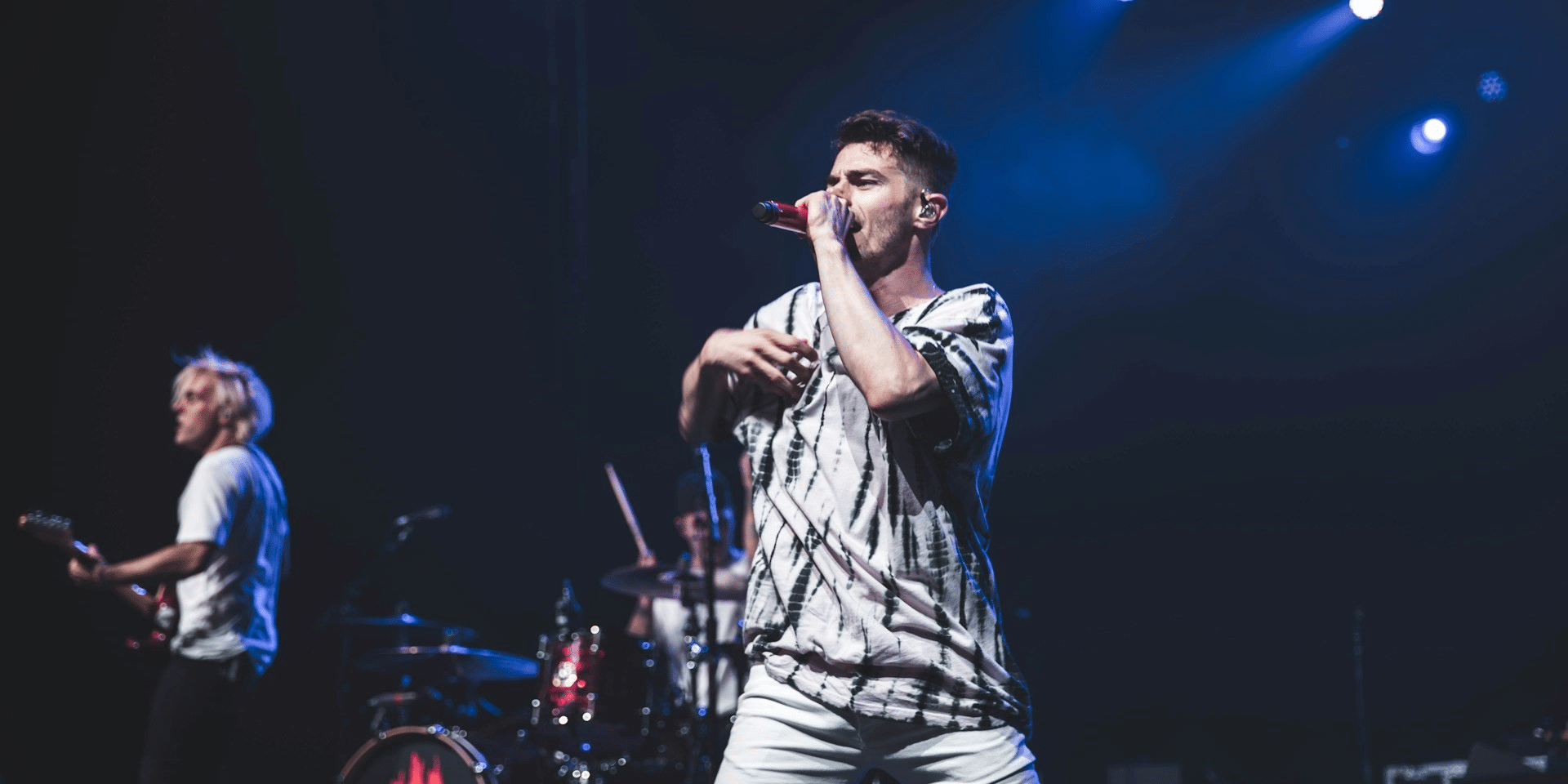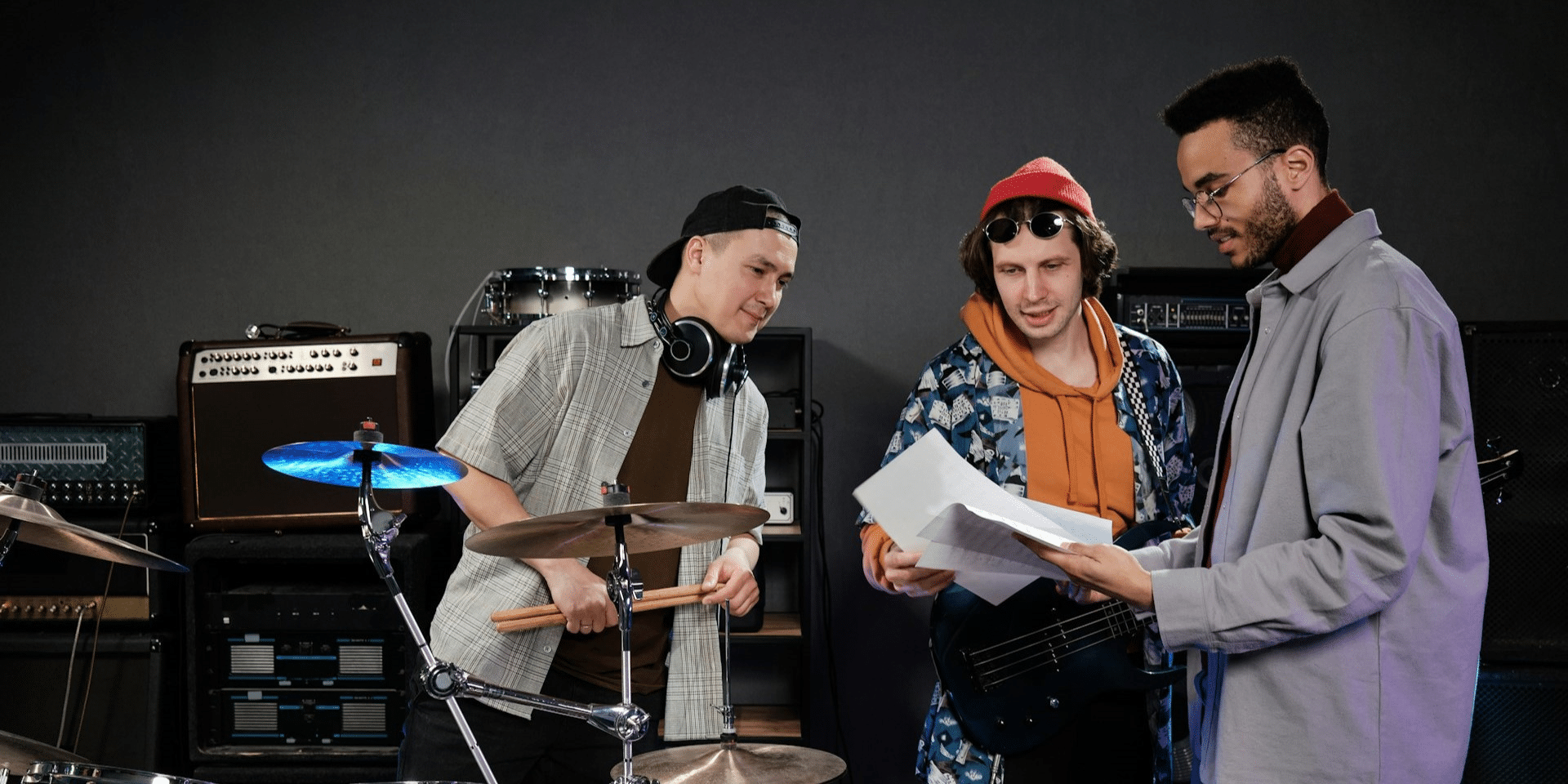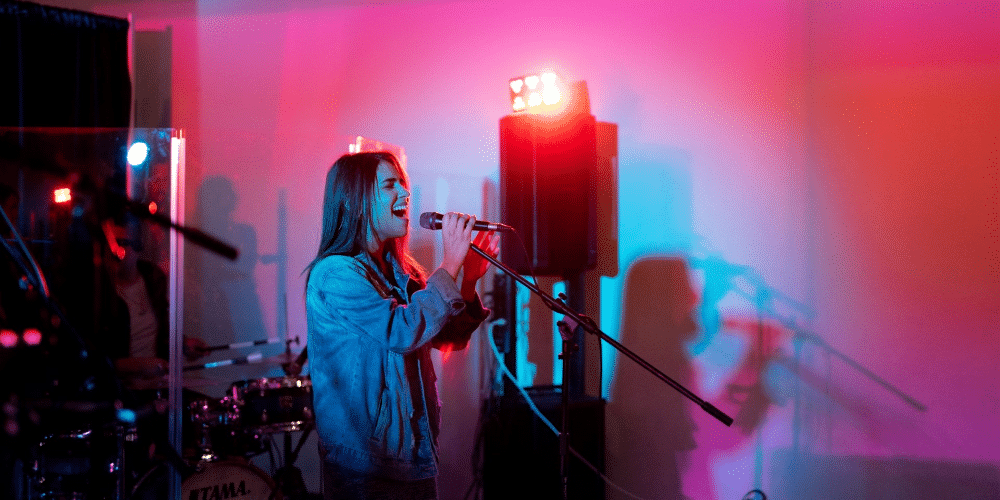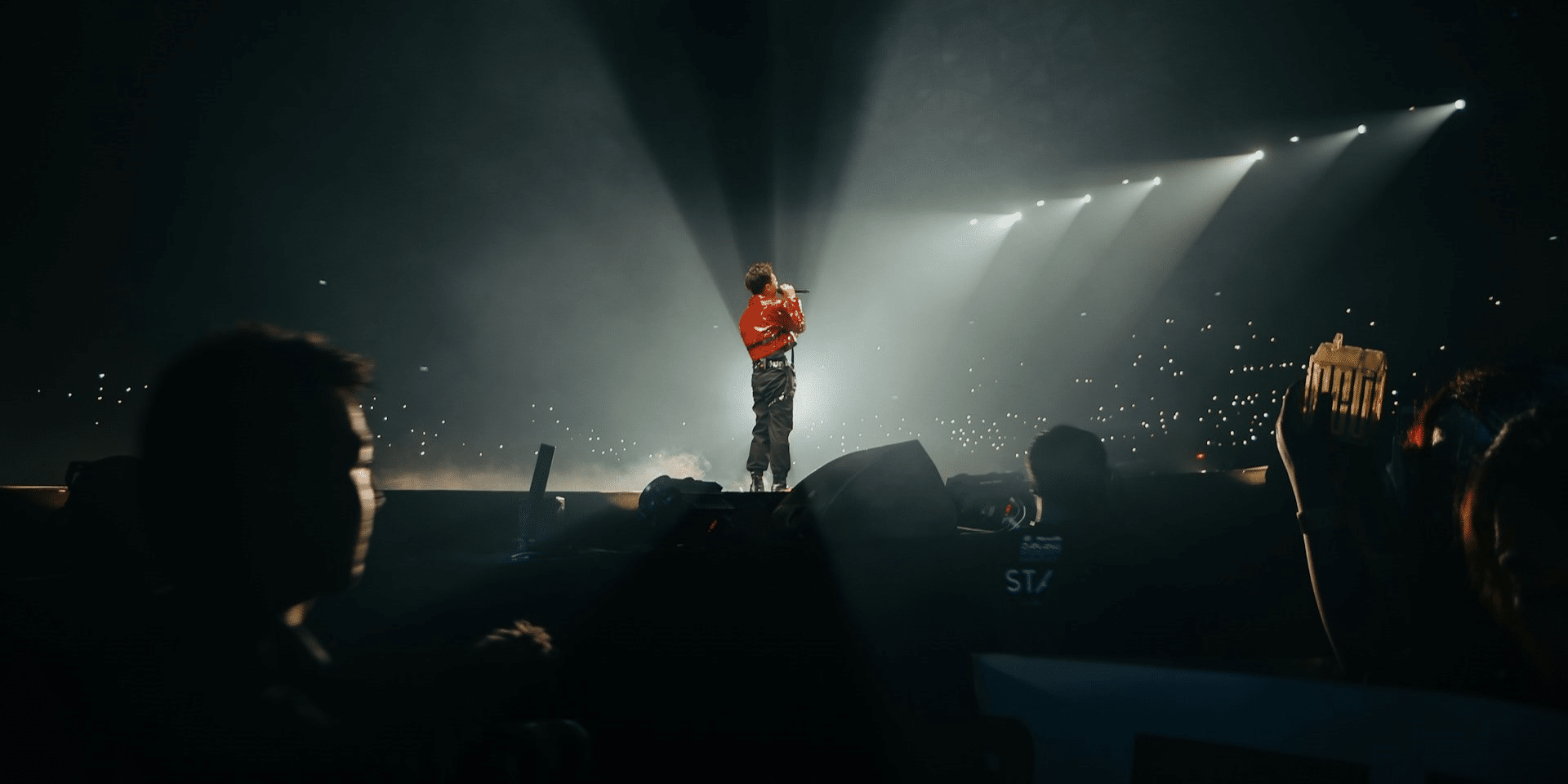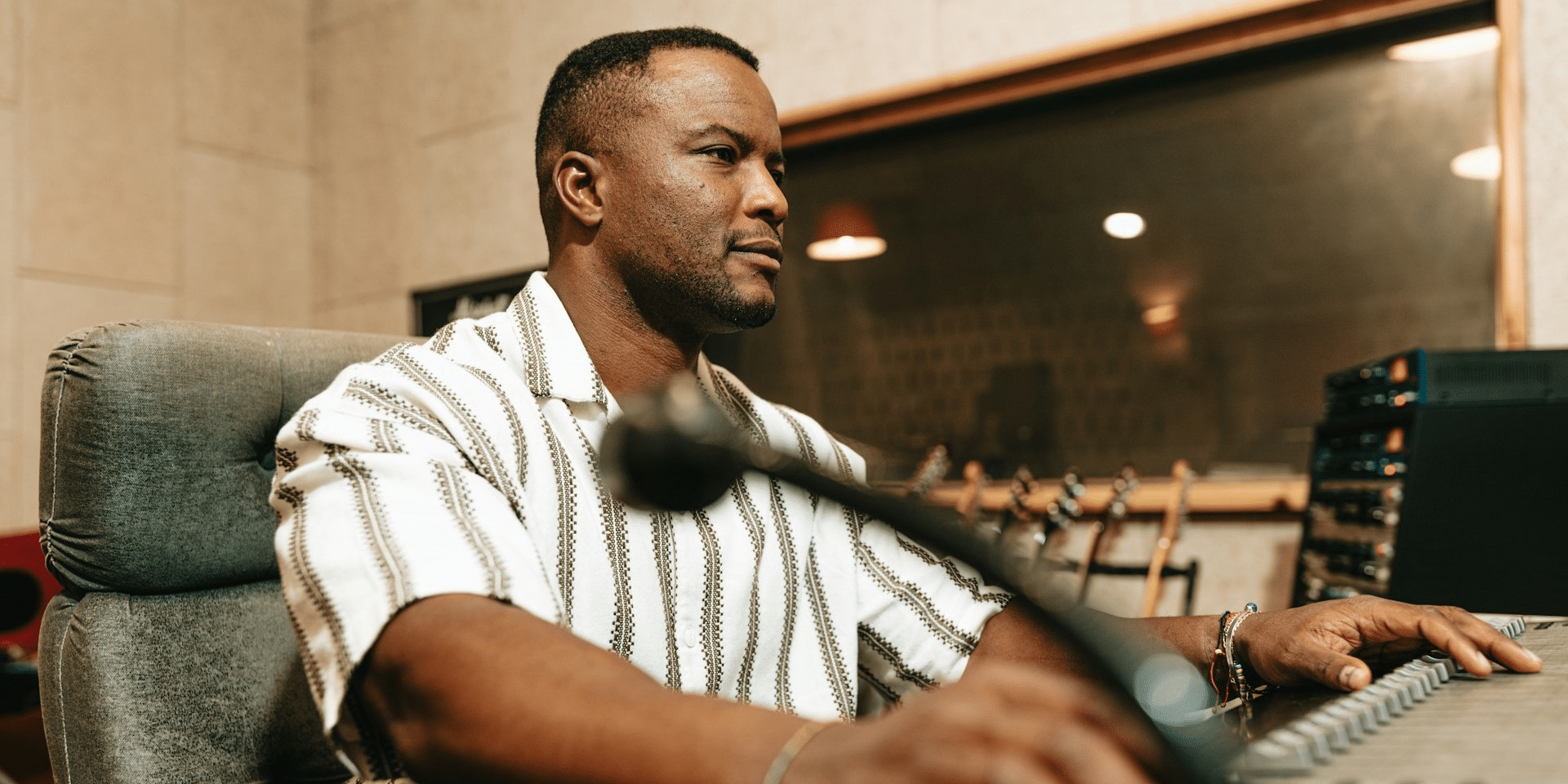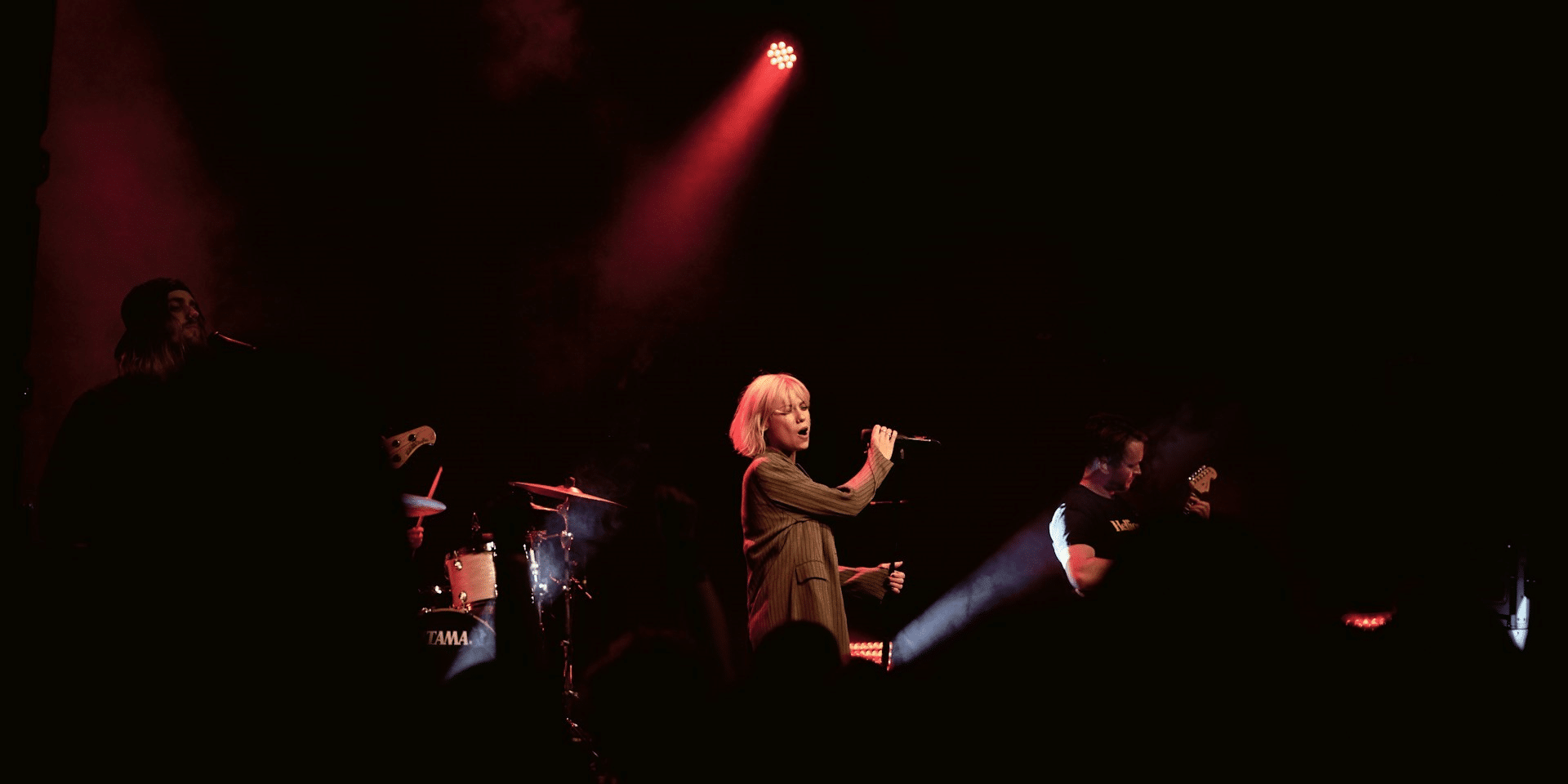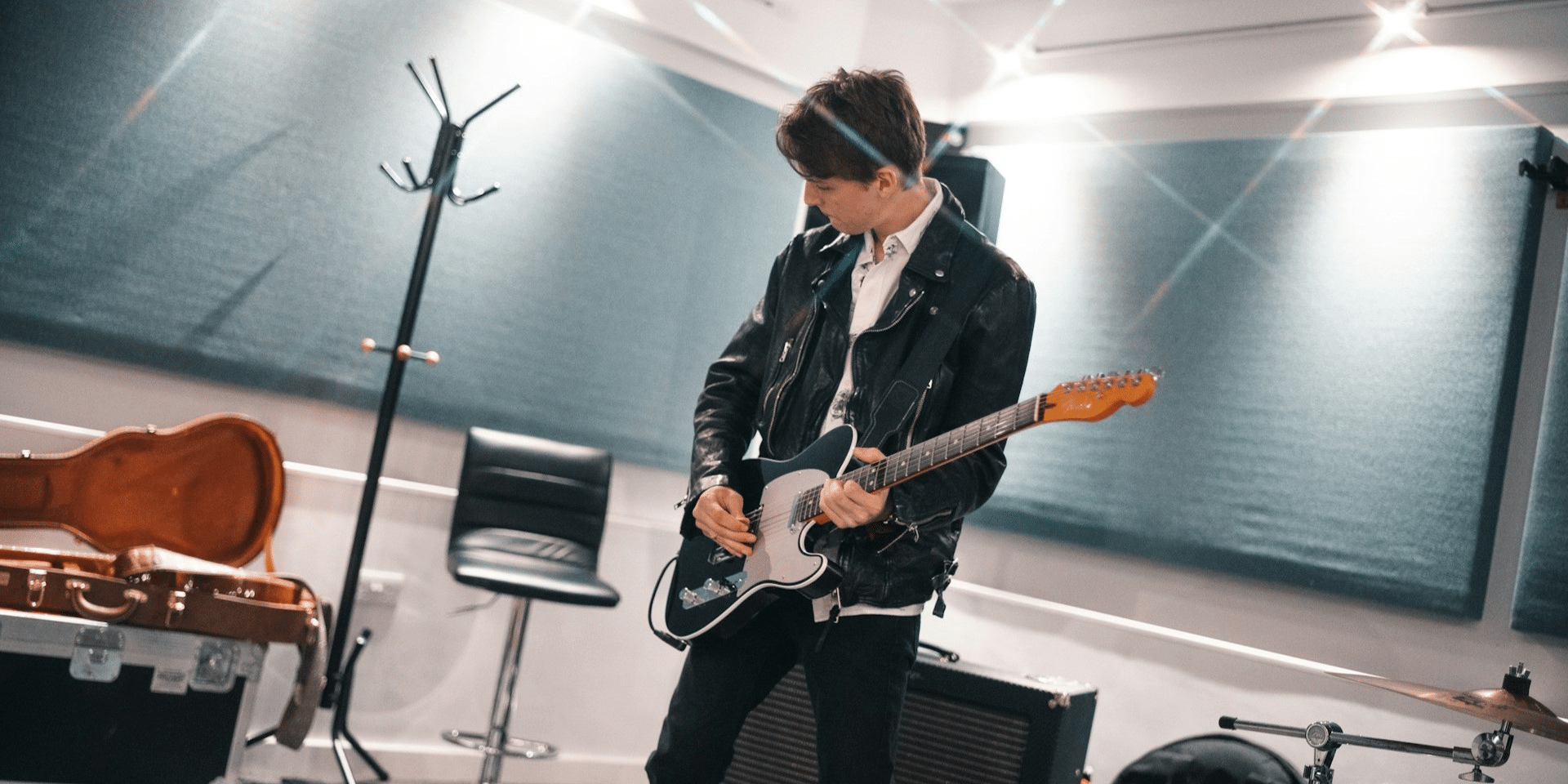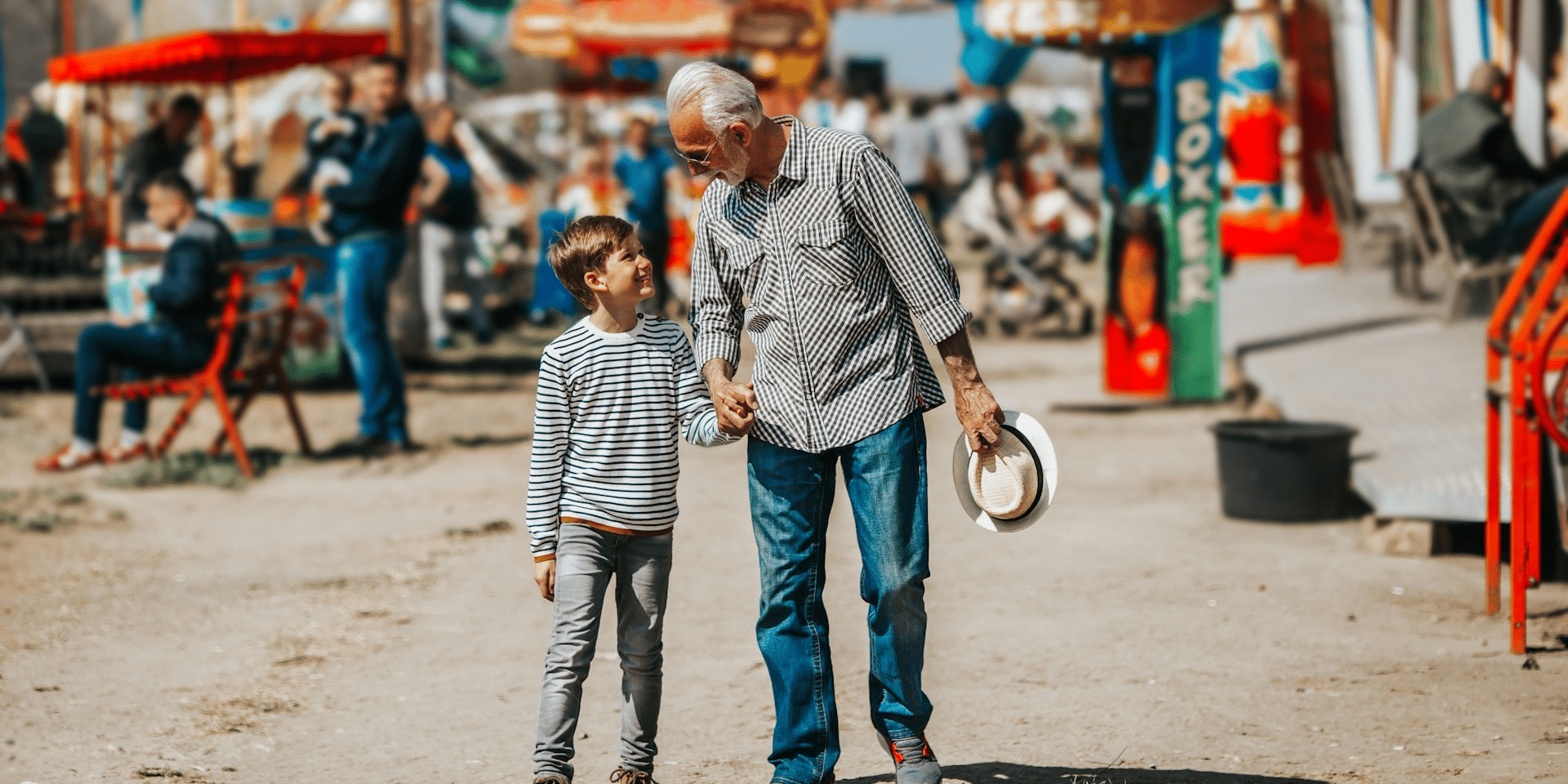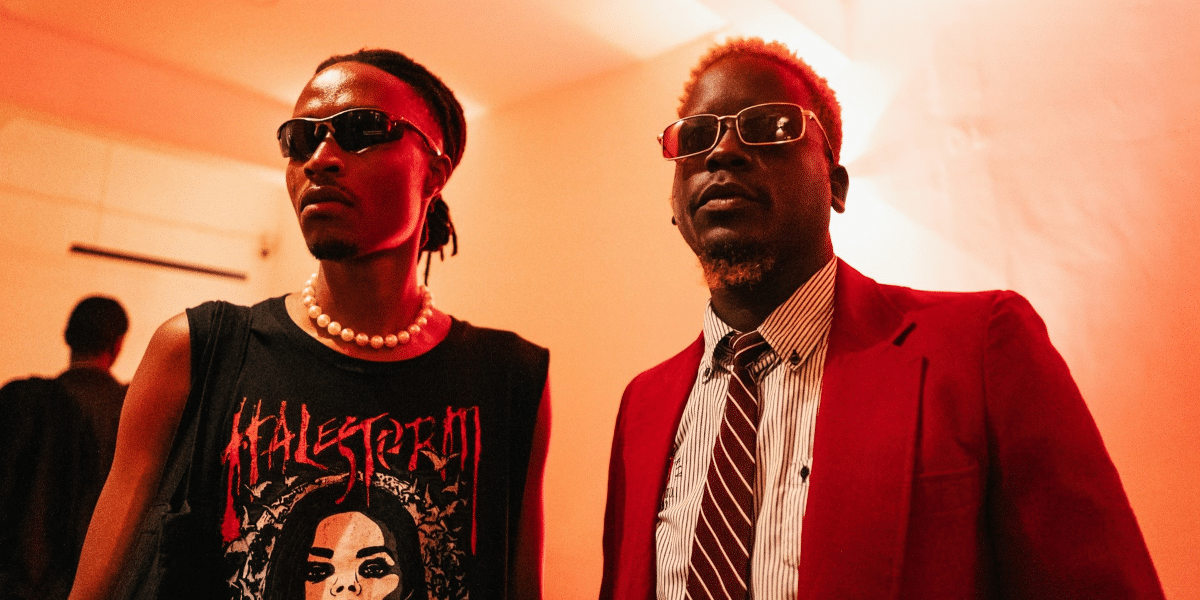Touring and performing at music festivals are some of the most demanding aspects of a musician’s career. The rigorous schedule, constant travel, and the need to deliver high-energy performances night after night can take a toll on even the most seasoned artists. However, many musicians manage to maintain their energy levels throughout these grueling periods. This article explores how artists sustain their energy for tours and music festivals, highlighting the strategies they use to stay physically and mentally fit.
The Physical Demands of Touring and Performing
Constant Travel and Its Effects
One of the most challenging aspects of touring is the constant travel. Artists often have to move from city to city, sometimes across different time zones, within a short period. This constant movement can lead to exhaustion, jet lag, and disrupted sleep patterns. The physical toll of travel, combined with the need to perform at their best, can be overwhelming.
To cope with these demands, many artists prioritize rest and recovery. This includes making the most of downtime between shows to rest, ensuring they get adequate sleep, and sometimes even adjusting their schedules to minimize the impact of travel. Additionally, some musicians employ travel strategies, such as staying hydrated, eating balanced meals, and using sleep aids or supplements to help combat the effects of jet lag and fatigue.
High-Energy Performances
Performing on stage requires a tremendous amount of energy. Musicians must engage with the audience, deliver powerful performances, and often maintain high levels of physical activity, such as dancing or moving around the stage. This repeated physical exertion can be draining, especially when done night after night.
To maintain the energy needed for these performances, many artists follow strict physical fitness routines. Regular exercise, including cardiovascular workouts and strength training, helps build endurance and stamina. Some artists also incorporate yoga or stretching into their routines to improve flexibility and reduce the risk of injury. Maintaining physical fitness not only helps artists perform better on stage but also aids in recovery after performances.
Mental and Emotional Well-being
Managing Stress and Anxiety
The mental and emotional challenges of touring and performing can be just as demanding as the physical ones. The pressure to perform well, the stress of being away from home, and the constant scrutiny from fans and the media can lead to anxiety and burnout.
Many artists manage these challenges by practicing mindfulness and meditation. These techniques help reduce stress, improve focus, and maintain emotional balance. Additionally, some musicians work with mental health professionals or life coaches to develop coping strategies and maintain a positive mindset while on tour.
Staying Connected with Loved Ones
Being on the road for extended periods can lead to feelings of loneliness and isolation. Staying connected with family and friends is crucial for emotional well-being. Many artists make it a priority to keep in touch with loved ones through regular phone calls, video chats, or even bringing family members along on tour when possible.
Maintaining a strong support network helps artists stay grounded and provides a sense of stability amid the hectic nature of touring. This emotional support can be a significant source of energy, helping musicians stay motivated and focused on their performances.
Nutrition and Hydration
Balanced Diets for Sustained Energy
Nutrition plays a vital role in sustaining energy levels during tours and music festivals. Musicians need to fuel their bodies with the right foods to maintain high energy levels and avoid burnout. A balanced diet that includes a mix of carbohydrates, proteins, and healthy fats is essential for sustained energy.
Many artists work with nutritionists to develop meal plans that meet their specific needs while on tour. These plans often emphasize whole foods, such as fruits, vegetables, lean proteins, and whole grains, which provide long-lasting energy. Avoiding excessive sugar and processed foods is also crucial, as these can lead to energy crashes and negatively affect performance.
Importance of Hydration
Staying hydrated is another critical factor in maintaining energy levels. Dehydration can lead to fatigue, headaches, and decreased concentration, all of which can hinder a musician’s ability to perform at their best. Drinking plenty of water throughout the day, especially before and after performances, helps keep energy levels stable and supports overall health.
Some artists also use electrolyte-rich drinks to replenish the salts and minerals lost through sweating during performances. This not only helps with hydration but also supports muscle function and recovery.
Strategic Rest and Recovery
Prioritizing Sleep
Sleep is one of the most important factors in maintaining energy levels. Without adequate rest, the body cannot recover from the physical and mental demands of touring. Many artists prioritize sleep by creating a sleep-friendly environment, using blackout curtains, earplugs, or white noise machines to ensure restful sleep, even in unfamiliar or noisy locations.
Some musicians also use naps strategically to recharge during the day, especially when the touring schedule does not allow for a full night’s sleep. This practice helps mitigate the effects of sleep deprivation and ensures they are ready for their performances.
Incorporating Recovery Techniques
Recovery is not just about sleep; it also involves taking care of the body between performances. Many artists incorporate recovery techniques such as massages, physical therapy, and stretching into their routines. These practices help alleviate muscle soreness, prevent injuries, and promote overall well-being.
Some musicians also use alternative recovery methods, such as acupuncture or cryotherapy, to enhance their recovery process. By prioritizing recovery, artists can maintain their energy levels and continue performing at their best throughout their tours.
Maintaining energy for tours and music festivals requires a combination of physical fitness, mental well-being, proper nutrition, and strategic rest. By prioritizing these aspects, artists can sustain their performance levels and continue to deliver high-energy shows night after night. The strategies employed by musicians to stay energized not only support their careers but also contribute to their overall health and well-being, allowing them to thrive in the demanding world of touring and performing.

